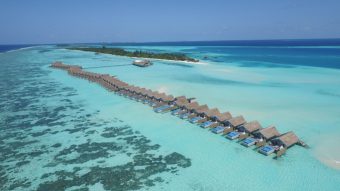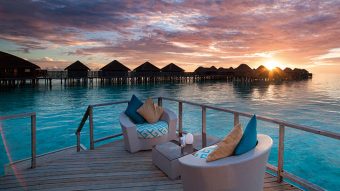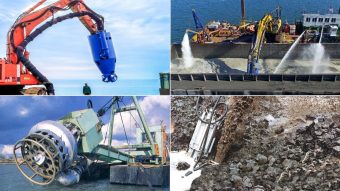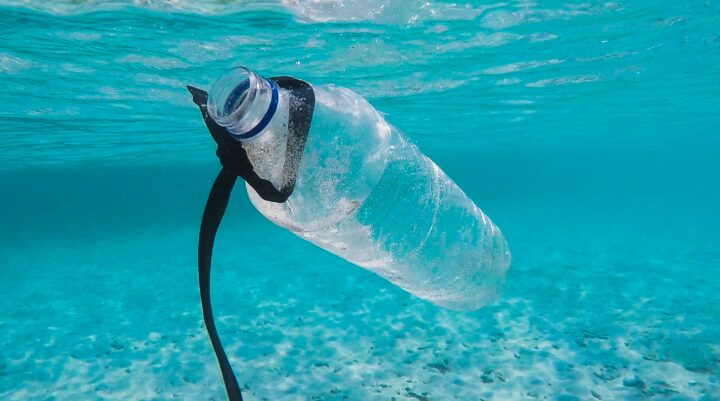
Asia Pacific Sustainability Trends 2019
Horwath HTL and Greenview published the third Asia Pacific Survey of Hotel Sustainability Trends with in-depth research on key sustainability practices within the region, giving a special focus on where the hotels in the region stand in relation to energy and water consumption.
Highlighting on the fact that sustainability has confirmed to be an environmental, social and a financial asset in the hospitality sector, the report began by stating that hotels are embracing sustainability more than ever. It stated that the hotel industry in the region is more aware of the matter and is positioned to step to the next phase of sustainability, by finding solutions to sustainability issues with innovation and new technology. And, the region is still in its infancy in terms of implementing the next generation best practices such as renewable energy and water recycling, yet movement towards such practices was observed.
The report also mentioned that the year 2017 — designated as the International Year of Sustainable Tourism for Development by the United Nations World Tourism Organisation (UNWTO) — the hospitality industry has been more vigilant about global sustainability issues and practices. In collaboration with the governments and other relevant organisations, UNWTO aims to facilitate in implementing inclusive and sustainable economic growth, social inclusiveness, employment and poverty reduction, resource efficacy, environmental protection and climate change, cultural values, diversity and heritage, mutual understanding, peace and security.
In addition, Horwath HTL also expected that more hotels are going to enhance their sustainability strategies with the new travel trend of socially conscious travellers who seek sustainability practices during their hotel stays.
With the objective of the understanding where the region stands in the implementation of green practices, the survey examined utility data across the hotel industry for energy and water usage. A sample size of 2,282 hotels across 13 countries in the region (1,975 full-service, 228 limited-service and 79 unidentified) were used. Horwath presumed that such wider participation in the survey as another indication that the region has been paying serious attention to sustainability.
The key findings of the survey included energy usage trends among the studied hotels and countries, trends in the energy costs, trends in water usage, trends in water costs, and the top attributes of the countries and hotels with 75 per cent uptake of sustainable practices. The report also included other operational best practices and sustainability trends implemented by the hotels in the region.
In terms of energy usage, the report indicated that India, Japan and the Philippines had substantial reductions in energy usage per square metre in all hotels in 2017 compared to the year 2016, while Hong Kong had a steady reduction in energy usage per square metre for all hotels since 2015. Considerable reduction in energy usage per square metre was experienced in 2017 among full-service hotels in India and the Philippines, in contrast to an increment in these figures among full-service hotels in Indonesia and Malaysia during the same year. However, these numbers for limited-service hotels in Malaysia had improved in 2017 compared to 2016, while energy usage per square metre was increased for hotels under this category in Australia, India, Korea and Thailand in 2017 through positive trends were identified in these countries in 2016.
Moving to energy costs, the report revealed that, China, Hong Kong, Indonesia and Singapore lowered energy cost per square metre for all hotel types in 2017. In the full-service hotel category, India presented a reduction in energy cost in 2017, while this figure has continued to reduce since 2014 among full-service hotels in Indonesia and Singapore. Limited service hotels in Indonesia improved energy costs in 2017, whereas Korea has been steadily reducing energy cost since 2015 in the limited-service hotel category.
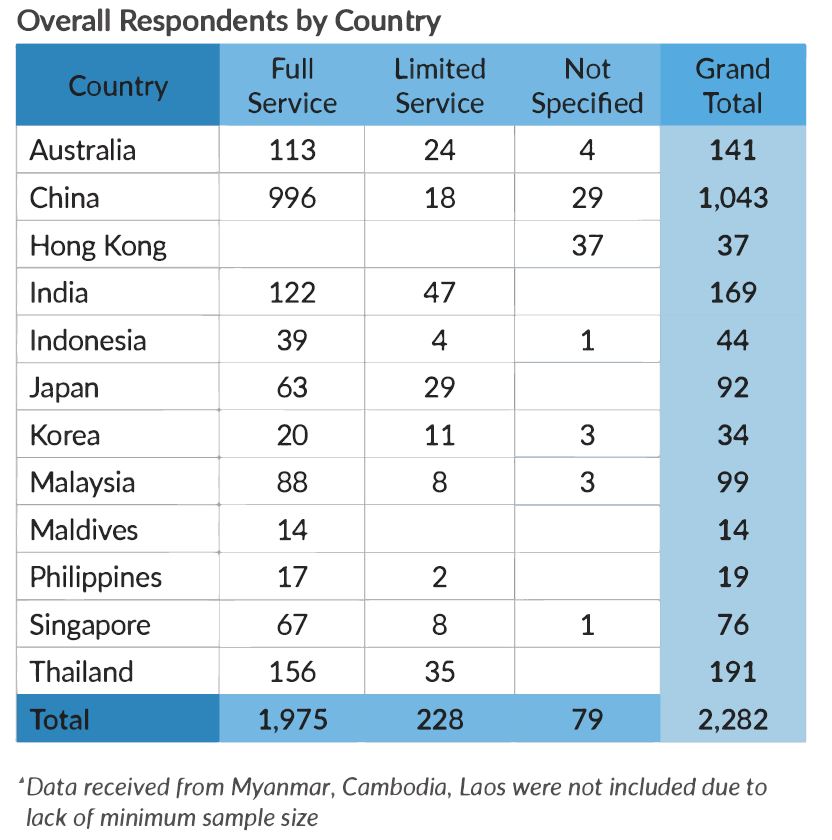
Looking at the water usage trends among hotels within the region, a reduction in water usage per occupied room by all hotels were recorded for China, Japan and Thailand in 2017 compared to 2016. With continuous reductions in this figure for all hotels since 2015, India and Indonesia have been showing progressive improvement in water usage. As for the full-service hotel category, India, Indonesia and Thailand reported a reduction in water usage per occupied room in 2017. Finally, limited-service hotels in Australia, India and Thailand had continued to cut back on water usage per occupied room since 2015 and recorded a significant reduction in those numbers for the year 2017.
With regard to the cost of water, heavy cutbacks on water cost per occupied room were identified for all hotel types in India, Japan, and Malaysia in 2017. Thailand also reported a reduction in water costs per occupied room for all hotels in 2017 and 2016, though higher water costs were recorded for 2015. Meanwhile, this number stood the same for all hotel types in Singapore in 2016 and had a reduction in the water cost per occupied room in 2017. In the full-service hotel category, India and Japan accounted for a decrease in water cost per occupied room, and in the limited-service hotels category, Indonesia showed improvements with a drop in this figure.
Top attributes of the hotels in the region with 75% uptake on sustainability practices
- According to the Horwath HTL survey, tracking the usage of energy is the most common sustainability practice done among hotels in the participating countries of the region which over 99 per cent uptake for this exercise.
- Preventive maintenance programmes remained as one of the top sustainable practices in the region with approximately 97 per cent of the hotels implementing the programme.
- Tracking usage of water is another common practice among hotels in the region with an average of 98 per cent uptake.
- Another popular sustainability practice identified among hotels in the region was the towel usage programme with 87 per cent uptake.
- As reusable food services generate lesser solid waste and pollutants while also consuming fewer energy resources unlike disposable products, this practice has also revealed to be improving in the region with a 76 per cent uptake in 2017.
- Low-flow toilets or high-efficiency toilets is another sustainable measure taken by 77 per cent of the hotels in the region, as it uses much less water per flush than regular toilets.
- To achieve increased energy efficiency, almost 75 per cent of hotels in the region have their indoors equipped with LED lighting.
- 78 per cent of the hotels surveyed had installed digital thermostats that control the indoor temperatures which greatly saves energy.
- It was also recorded that hotels are keeping 75 per cent of the rooms as non-smoking and there is a 77 per cent uptake of this practice in the region.
- It was noted that 77 per cent of the hotels in the region practice recycling in common areas, where Hong Kong leads among the countries practising it.
- Additionally, more than 79 per cent of hotels within the region have employee volunteering programmes in place, which benefits not just the hotels, but the community as a whole.
- Lastly, as written environmental policies which are deemed as a vital sustainability initiative, is used by almost 79 per cent of the hotels in the region studied.
The survey results of Horwath HTL reflected positive implications regarding sustainability strategies among the hospitality industry within the Aisa Pacific region. It gave a comprehensive understanding of the current status of the region in sustainability practices and assured that sustainability now has a widespread stand and is prevalent in the tourism sector across the globe and that the Asia Pacific region too is geared towards the achievement of sustainability goals.



